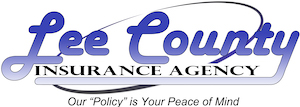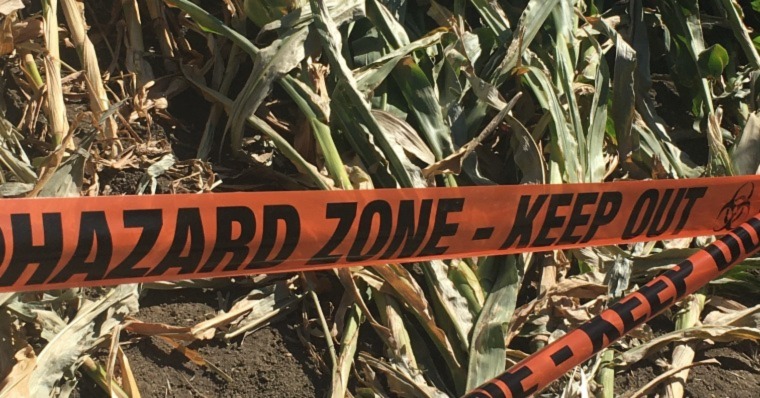Best ways to prevent a big increase in Auto Insurance rates

What is the one thing that consumers do that causes auto insurance prices to go WAY up? You may be surprised to know that it is NOT necessarily a ticket or violation but rather a lapse in coverage.





